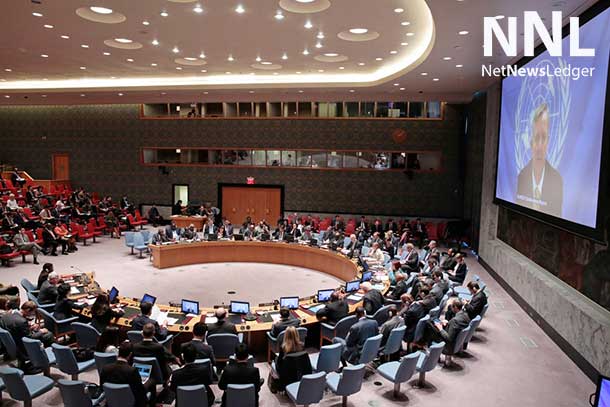
Almost 400 Lives Lost Already
In Sierra Leone, battling the deadliest outbreak of Ebola since 1976. The World Health Organization say it has already claimed 399 lives across West Africa.
Doctors here say one thing is behind the deadly disease’s rapid spread — ignorance.
Dr. Shek Moar Khan, the head of the Lassa Fever Program says, “For some reasons, we tried explaining it as best as possible to our people, reaching them through our outreach team, through the communities through paramount chiefs, religious elders. For them to understand that this disease is natural. It is not a mystery, but simply it is a disease that somebody can acquire, and if only they could listen appropriately to our advice, then we can break the chain of transmission.”
Dr. Shek Moar Khan, says many local residents ignore the symptoms – and wishes more people would just come in get tested. Even worse, they allow the uninfected to handle the burials of those impacted.
The United Nations health agency and partners are working with the Governments of Guinea, Liberia and Sierra Leone to control an outbreak of Ebola in West Africa, an official today said, announcing an international meeting next week to agree on a coordinated regional response.
“The situation is not out of hand,” Pierre Formenty told journalists in Geneva on behalf of the UN World Health Organization (WHO). “WHO has been supporting the three affected countries and their Ministries of Health staff, and are working with them on a daily basis to try to contain the outbreak.”
Those Ministers will meet in Accra, Ghana, next week to agree on a “comprehensive operational response” to control the Ebola virus, which has been reported in more than 600 cases since March, and over 390 deaths.
There are difficulties, notably in the forests, in identifying cases and tracing the point of contact, Dr. Formenty said.
“WHO has not yet managed to explain to people the dangers to their lives in conducting an unsafe funeral during an Ebola outbreak, and it continues to work to rectify that,” he added, highlighting the challenges of educating people about the infection.
The Ebola virus, which causes severe haemorrhaging and can kill up to 90 per cent of those infected, is spread by direct contact with the blood and body fluids of infected animals or people.
“To be effective, WHO has to continue a dialogue with the population, the affected families and the patients to make them understand the mode of transmission of the disease,” said Dr. Formenty, “and how to change their behaviour in order to stop the chain of transmission and the outbreak.”
The agency has stressed that any response to the outbreak must fully respect people’s human rights, and said they would not advocate for restrictions to stop people traveling from one place to another.





